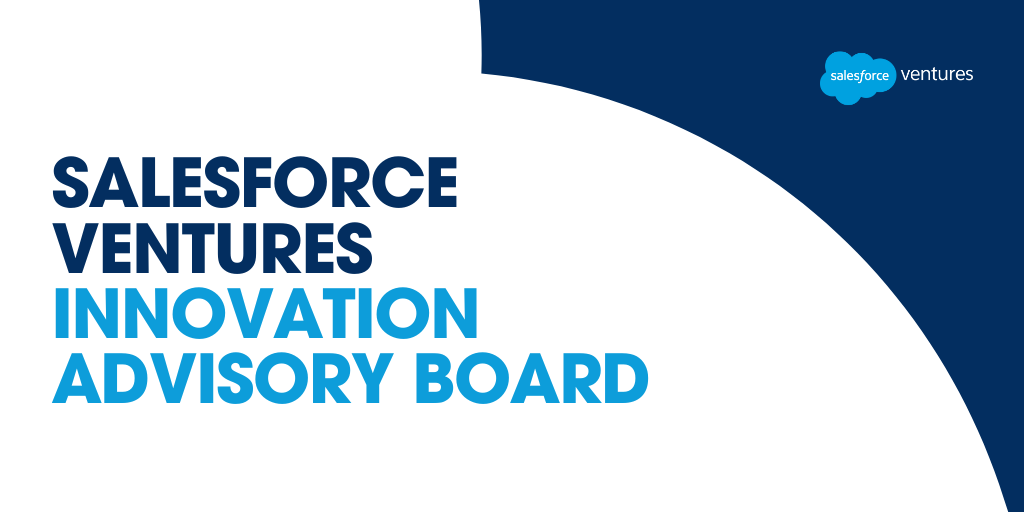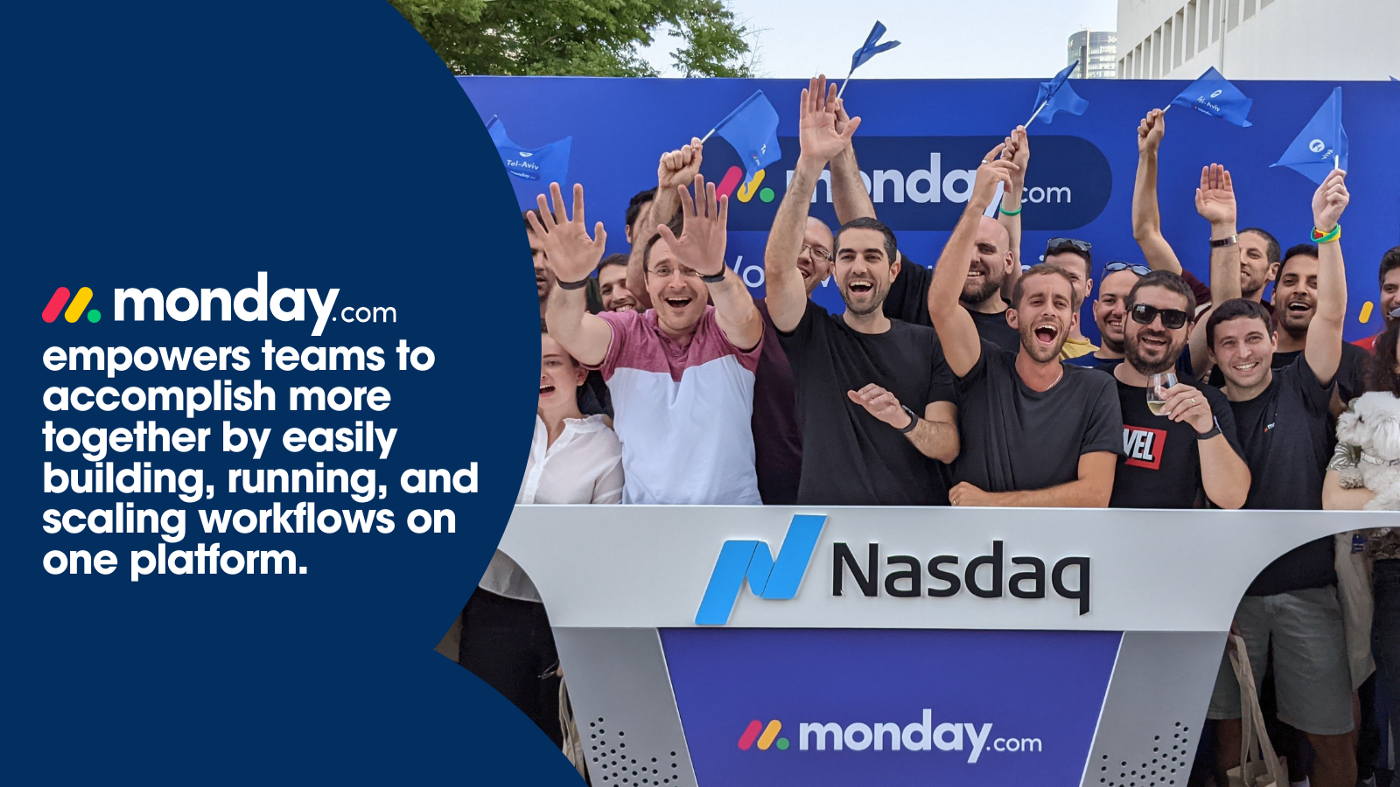The challenges and constraints of the past year have redefined work, accelerated digital transformation, and led to an urgent call to action for new technology solutions. As workers increasingly worked from home, teams had to find new ways to communicate and stay productive — all while adjusting to constant and unpredictable change.
Technology tools such as Zoom and Slack became mission-critical because they enabled synchronous communication at a distance. monday.com hit their stride offering an asynchronous software platform to manage workflows using no code. monday.com has called their platform, and this new category of software, a “Work OS.”
More broadly, workflow automation is key. In its recent “Trends in Workflow Automation” report, Salesforce found that 95% of IT and engineering leaders are prioritizing workflow automation. A Keybanc study found that 67% of CIOs say collaboration is their #1 budget priority.
We couldn’t agree more, which is why Salesforce Ventures has made a $75 million private placement investment in monday.com, concurrent with its IPO. This is a continuation of our strategy of investing in collaboration tools that enable any organization or team whether at the office, remote or hybrid to be highly productive, and in low code/no code software programs that democratize access to technology.
Born for this moment
monday.com co-founder and co-CEO Roy Mann was a senior executive at Wix as he built a tool to help people in different departments manage their projects. He, together with his co-founder Eran Zinman, launched monday in 2014 with the core mission: “To give our customers the power to create their own work software…and give them the same abilities once reserved for software creators and designers.”
monday.com was doing well before the pandemic, but with shutdowns and remote work, its tools have become even more critical. The company’s growth is both a signal and a remedy: it shows us that the concept of “the workplace” has been irrevocably altered, from a physical office to a cloud-based, unified workspace, and it offers us a way to embrace that change.
Unleashing innovation
No code/low code software products like monday.com make it possible for non-technical workers to create their own custom building blocks to manage their workflow without the need for a developer. Given the shortage of programmers who can build software from scratch, as well as the time and cost of such endeavors, companies of all sizes are drawn to the productivity boost and potential of no code/low code software.
This new generation of tools offers a vision for an optimistic future in which everyone has access to simple tools that enable them to create whatever they need to work better. Democratizing technology in this way can lead to an acceleration of innovation and the introduction of amazing new technologies we would never have seen otherwise.
Our investment in monday.com is Salesforce Ventures’ latest foray into the no code/low code movement. Among our investments: AirKit, a low-code platform for hyper-personalized, end-to-end customer journeys; Genesis, a low-code software platform purpose-built for financial markets; Gong enables sales reps to reduce manual entry and automate sales processes through software; Process Street: enabling teams to build operating procedures, checklists and workflows; and low-code sales commission software Spiff, with intuitive UI and real-time visibility into commissions calculations.
Software everyone wants
The key to making productivity software for this new era is to make sure it is so simple and intuitive that new users don’t need training. The C-Suite is not always the primary decision maker anymore, buying a suite of products and requiring employees to use it. Individual employees are discovering software and trying it out for themselves. monday.com’s user experience and design are so smooth people actually want to use it — and since it’s a collaboration tool when one person tries it, they invite two teammates, who invite two teammates, and… you get the idea.
Such is the promise and challenge of product-led growth. Adoption is a flywheel, starting with smoothly onboarding the first user or team at an organization. With hyper-targeted marketing, reaching that first team member is easier than ever. The customer journey is tailored to each individual, starting from their search on Google. monday’s platform enables them to derive value by offering customized and department-specific landing pages, templates, pre-built integrations, and more. With this viral growth, monday.com is now seeing increasing interest at the enterprise level to implement the solution across an organization, organically working its way up to the C-suite.
One of the unique selling propositions of monday.com is its flexibility. Customers use the platform for a wide range of use cases from marketing and operations to project management. The term “Work OS” makes a lot of sense. monday.com supports more than 100 integrations with other software products, including email, Slack and Salesforce, so users start and complete integrated workflows on their platform providing a single source of truth.
Congratulations, monday.com, on your IPO and welcome to the Salesforce Ventures portfolio!
Footnote: monday.com information is based on company and public information.






